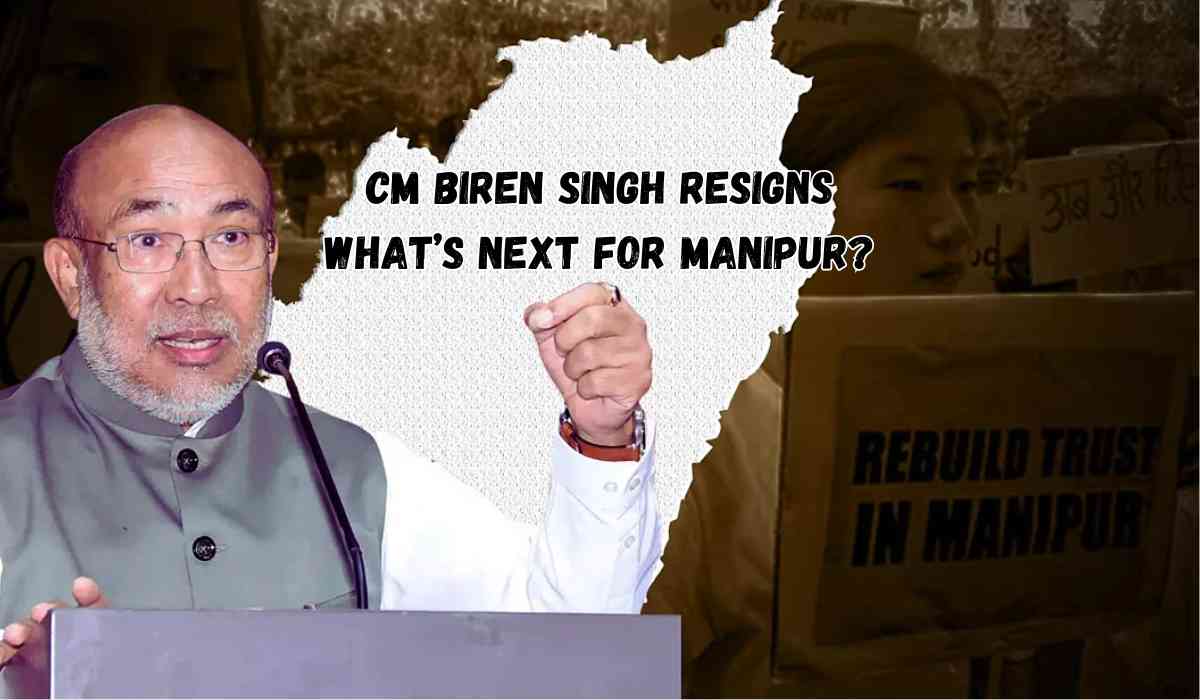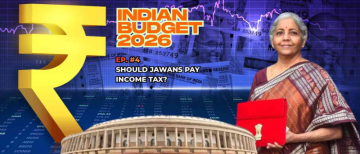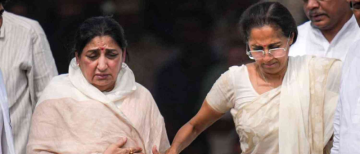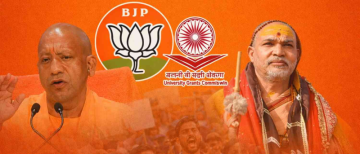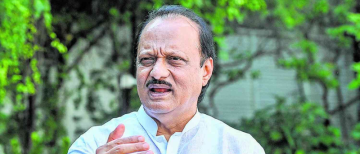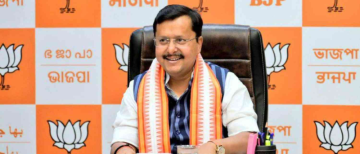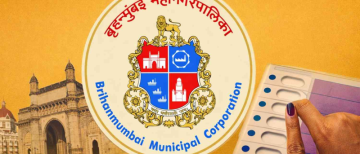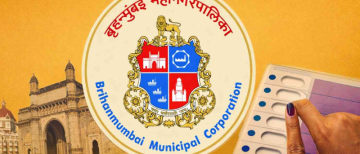Manipur, a state already struggling with prolonged ethnic violence, has entered a crucial political phase following the resignation of its Chief Minister, N. Biren Singh. With the state government in turmoil, discussions about the possible imposition of the President’s Rule under Article 356 of the Indian Constitution have intensified.
Biren Singh’s Resignation and Its Implications
Why Did Biren Singh Resign?
On Sunday, N. Biren Singh stepped down as the Chief Minister of Manipur and submitted his resignation to Governor Ajay Kumar Bhalla. His decision came amid increasing ethnic tensions and violence that have claimed hundreds of lives over the past two years.
What Did Biren Singh’s Resignation Letter Say?
In his resignation letter, Biren Singh expressed gratitude for the opportunity to serve Manipur and acknowledged the central government’s interventions. He stated:
“It has been an honour to serve the people of Manipur thus far. I am extremely grateful to the central government for timely actions, interventions, developmental work, and implementation of various projects for safeguarding the interest of every single Manipuri.”
Did Biren Singh Lose Support Among MLAs?
Reports suggest that Singh had been losing support from BJP MLAs, many of whom had approached party leaders in Delhi to voice their concerns. However, BJP Manipur President A Sharda Devi denied any internal discord, stating that Singh’s resignation was aimed at ensuring peace in the state.
Opposition’s No-Confidence Motion
Following Singh’s resignation, the Opposition, particularly the Congress, announced plans to move a no-confidence motion in the state Assembly. Congress’s Manipur President Keisham Meghachandra criticized Singh’s failure to control the violence and called for Prime Minister Narendra Modi to visit the state to assess the situation firsthand.
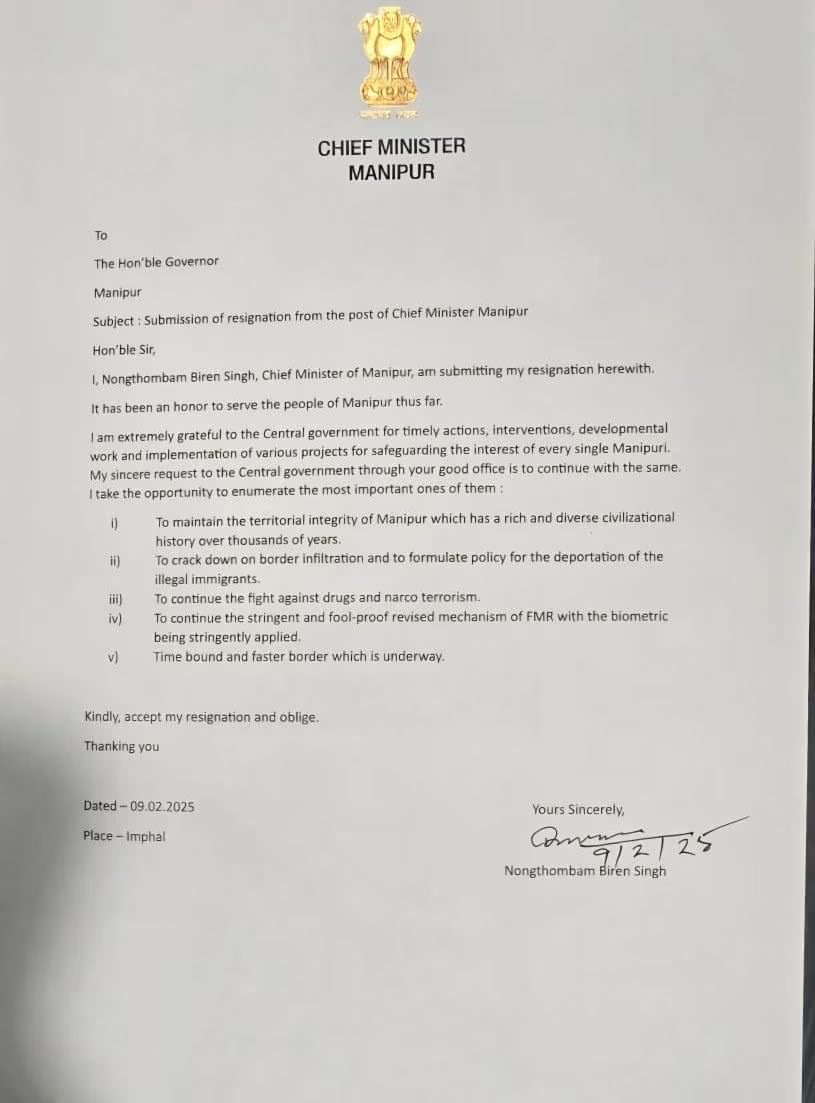
Manipur’s Ethnic Clashes: The Root of the Crisis
What Led to the Violence?
The violence in Manipur has been ongoing since May 2023 and stems from deep-rooted ethnic conflicts between the Meitei community (primarily residing in the valley) and the Kuki-Zo groups (inhabiting the hills).
The clashes were triggered when the Meitei community demanded Scheduled Tribe (ST) status, leading to widespread protests and violent confrontations. The conflict has resulted in:
-
Over 250 deaths
-
Thousands of people displaced from their homes
-
Extensive damage to properties, including burned homes and cases of sexual violence
Prominent figures, including boxer MC Mary Kom, have urged for peace and security in the region.
Biren Singh’s Alleged Role in the Violence
Controversy around Biren Singh deepened when leaked audio clips suggested that he had allowed Meitei groups to loot arms during the unrest. The Supreme Court has sought a forensic report on these recordings.
The Kuki Organisation for Human Rights Trust (KOHUR) has demanded a court-monitored investigation, alleging that Singh played a central role in orchestrating violence against Kuki-dominated areas.
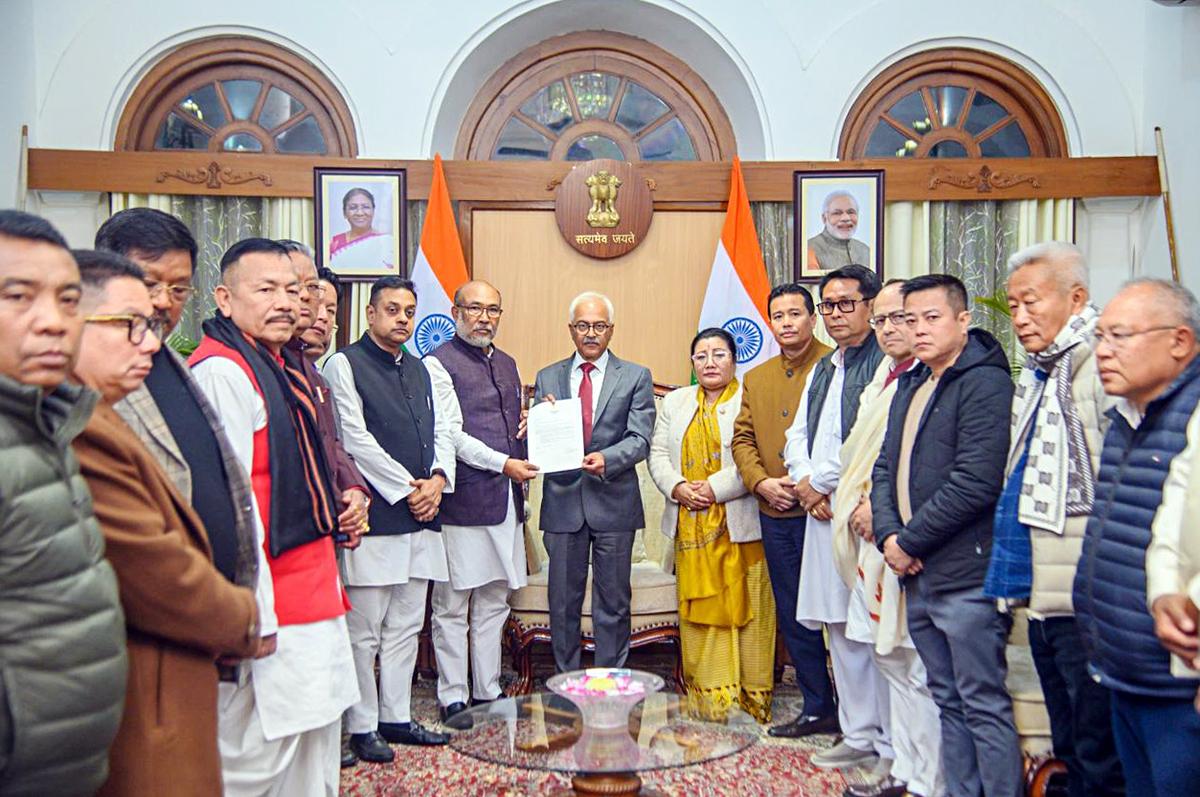
What Is President’s Rule and When Is It Imposed?
Understanding Article 356 of the Constitution
President’s Rule is imposed when a state government fails to function as per the constitutional framework. Article 356 states:
“Where any State has failed to comply with, or to give effect to, any directions given in the exercise of the executive power of the Union under any of the provisions of this Constitution, it shall be lawful for the President to hold that a situation has arisen in which the Government of the State cannot be carried on in accordance with the provisions of this Constitution.”
Conditions for Imposing President’s Rule
The Union Government may recommend President’s Rule in a state under the following circumstances:
-
Breakdown of constitutional machinery: The state government is unable to function as per constitutional provisions.
-
Failure to elect a new Chief Minister: If the ruling party fails to appoint a new leader within a reasonable timeframe.
-
Loss of majority in the Assembly: If the ruling coalition breaks down and fails to prove majority support.
-
No-confidence motion: If the Chief Minister loses a vote of confidence in the legislature.
-
Extraordinary circumstances: Natural disasters, war, or epidemics preventing normal governance.
With Manipur currently facing a governance vacuum, President’s Rule could be imposed if the BJP fails to appoint a successor or prove majority support in the Assembly.
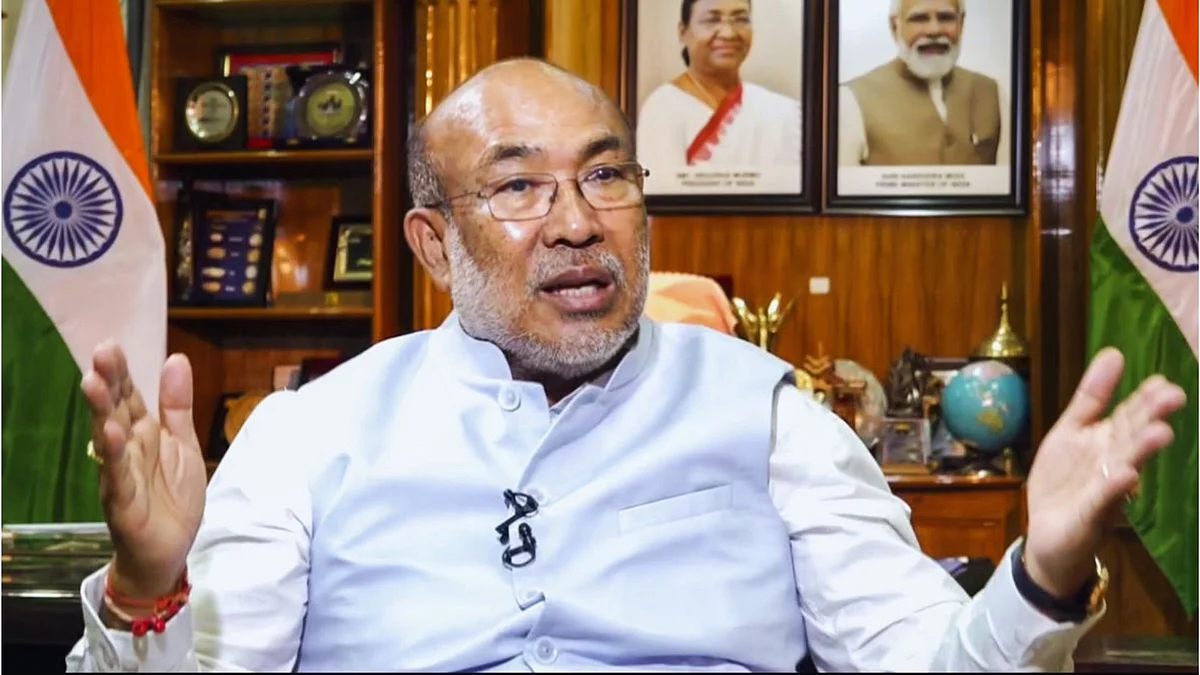
Impact of President’s Rule on Manipur
What Happens Once President’s Rule Is Imposed?
If President’s Rule is declared in Manipur:
-
The Governor assumes administrative control on behalf of the President.
-
The state’s Chief Secretary and other advisors manage day-to-day governance.
-
The powers of the state legislature are transferred to Parliament.
-
The state Assembly may be suspended or dissolved.
-
The President can issue ordinances for the state’s administration when Parliament is not in session.
When Can President’s Rule Be Revoked?
President’s Rule can be revoked if a political party demonstrates a clear majority in the state Assembly and is capable of forming a government. Unlike its imposition, revocation does not require parliamentary approval and can be done through a presidential proclamation.
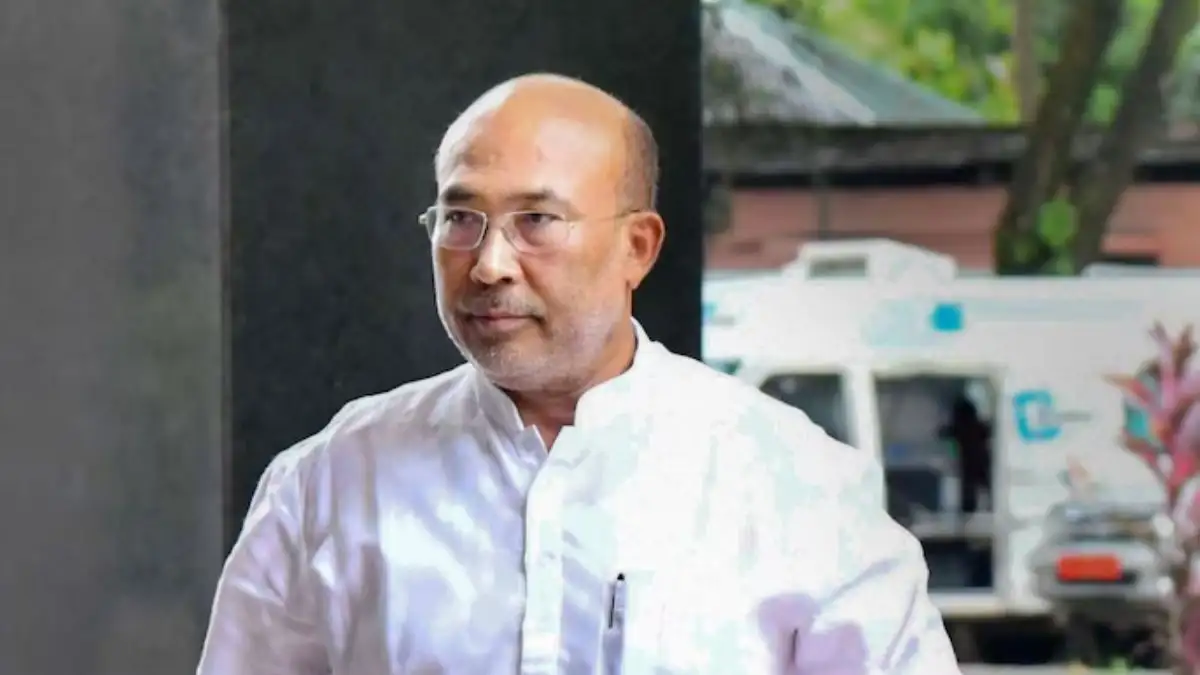
What’s Next for Manipur?
Following Biren Singh’s resignation, the state is at a crossroads.
-
The BJP is expected to meet soon to decide on a new Chief Minister.
-
The state Assembly’s Budget session, scheduled for February 10, has been postponed until a leadership transition is finalized.
-
If a new government is not formed, the Centre may recommend President’s Rule.
-
The Opposition continues to demand the PM’s intervention and a long-term peace strategy for the state.
Manipur’s political instability and ethnic conflict have placed the state in a precarious position. With the resignation of Chief Minister Biren Singh, the possibility of President’s Rule looms large. While the decision ultimately rests with the central government, its implementation would shift administrative control to the Union, raising questions about the future governance and stability of the state.
As developments unfold, the people of Manipur remain hopeful for a resolution that brings peace and restores democratic governance in the region.
With inputs from agencies
Image Source: Multiple agencies
© Copyright 2024. All Rights Reserved Powered by Vygr Media.

